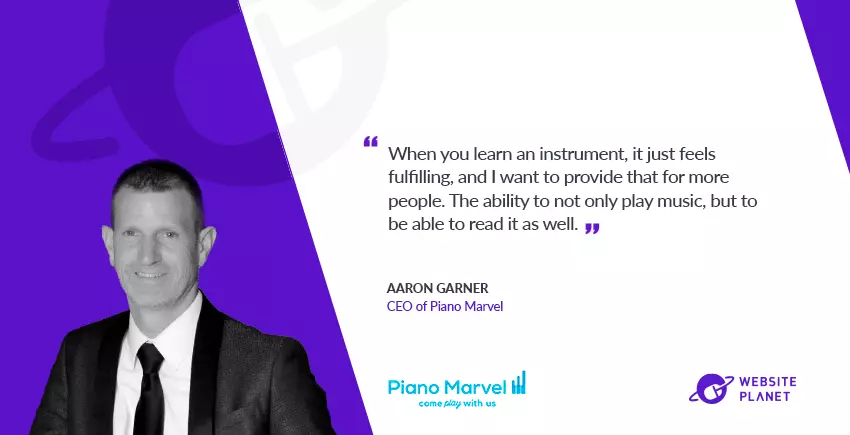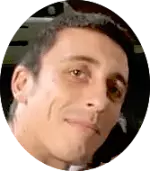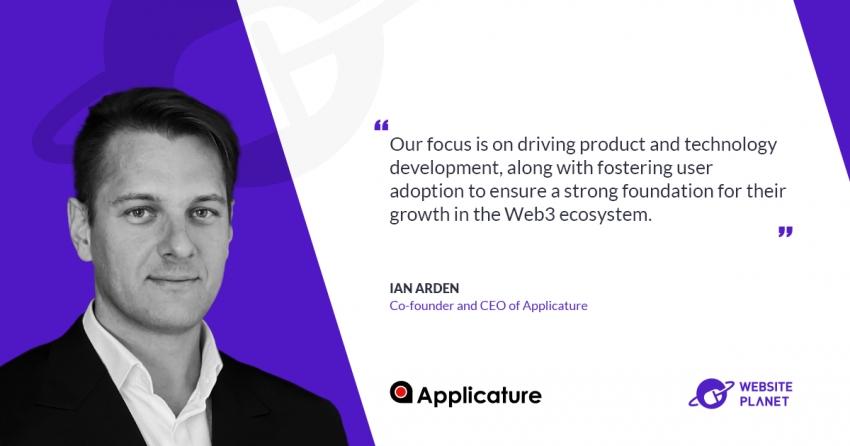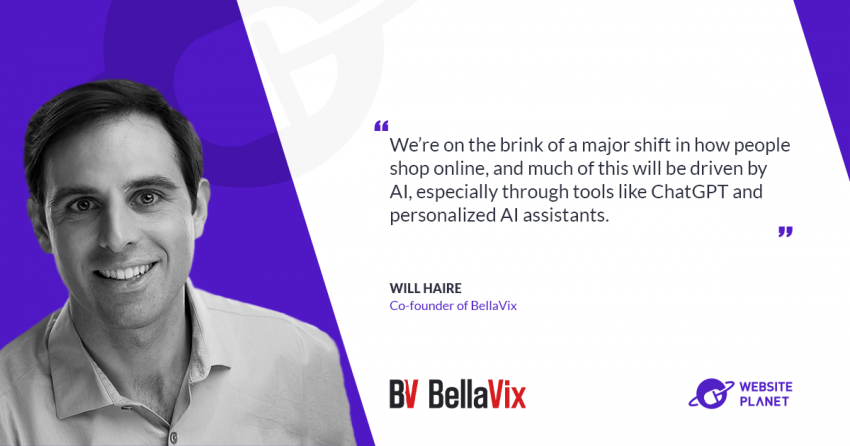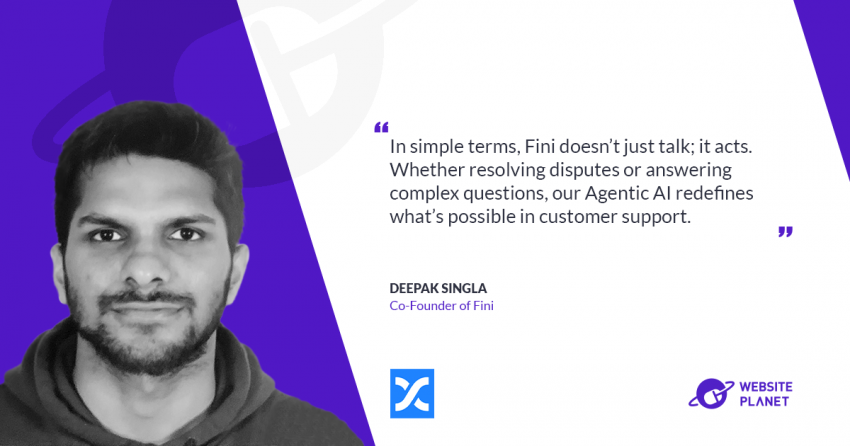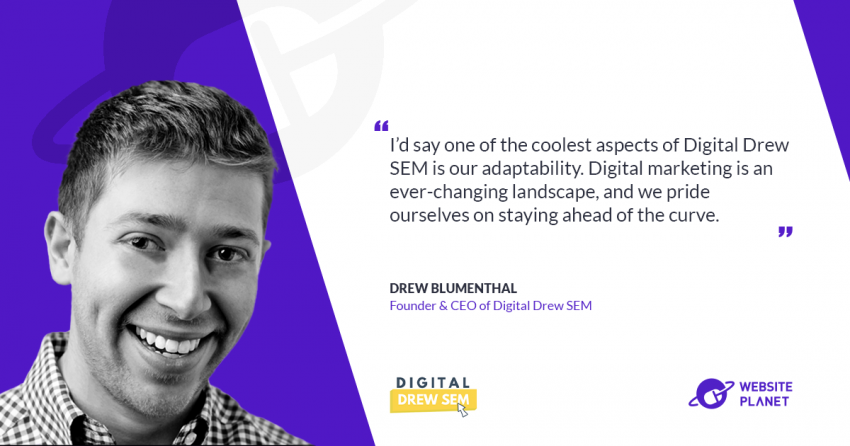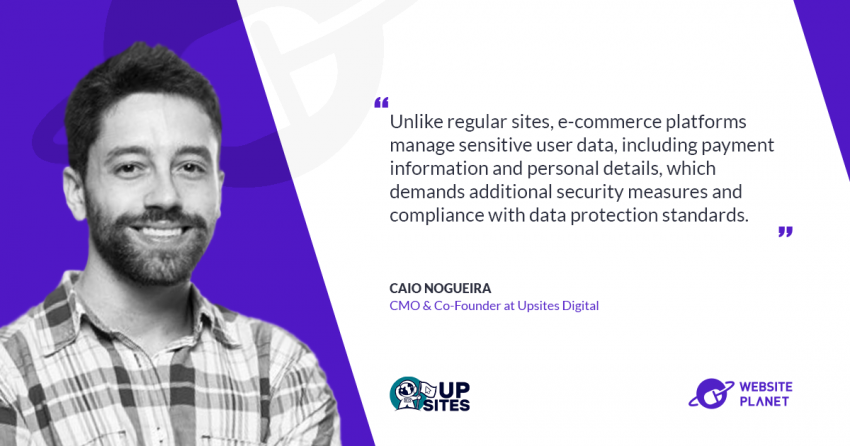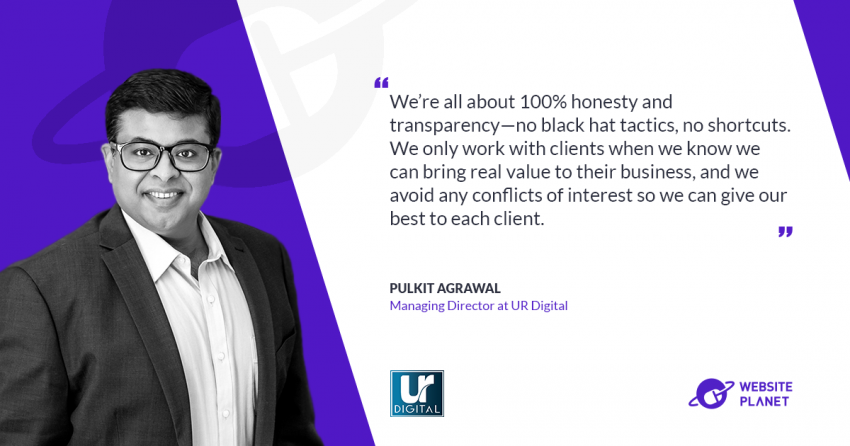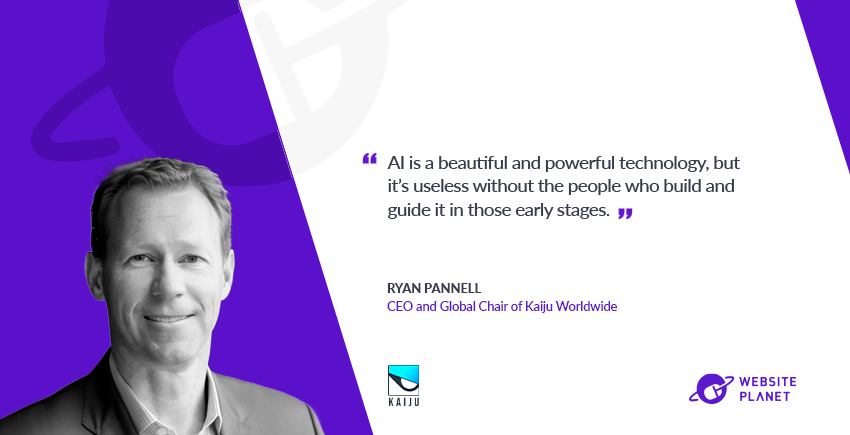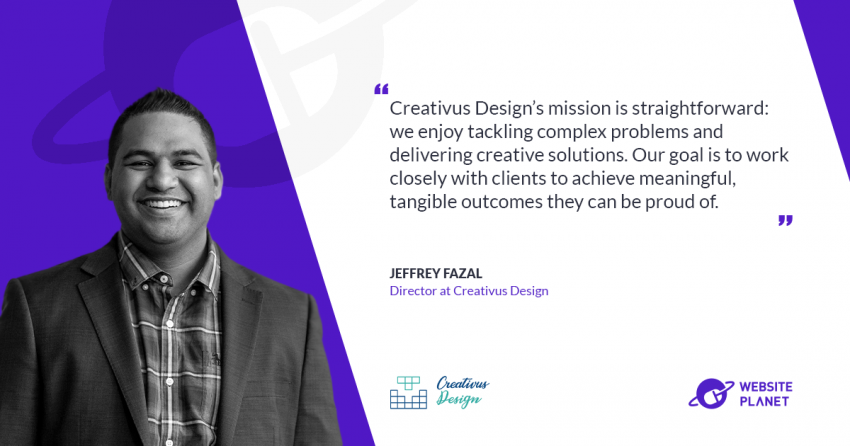What’s your story and what made you start Piano Marvel?
I was just a small boy when I was listening to my mom playing the organ. My true love, though, was football, American football, but my mom wanted me to learn to play the violin. She had nine children, and I was chosen as the violinist. My older brother was the pianist. He was eight years older than me. He would take me on his motorcycle, put me on the back, and I’d strap my violin on my back. We’d go about a half an hour to my violin lesson. I hated the violin, I didn’t want to practice it, I just wanted to play sports. When I was 10 years old, we got news that my brother had been in a motorcycle accident, and died. My mom went into a depression, and I decided to kind of take up his instrument, the piano with no instruction. She just didn’t have it in her to teach me, so I just picked it up on my own, and, by the time I went into high school, I was playing some Beethoven sonatas, just on my own… It was really bad. Regardless, I went into a competition where the judge said that I had raw talent, which really meant that I wasn’t very good, but I had potential. We didn’t have any money to take lessons, because my dad was laid off from the steel mill. So the judge said he would go ahead and teach me for whatever we could afford. This college professor taught me piano and the very next year, I won a competition. I remember thinking, “ Oh, well, maybe this is something I’d be interested in!” But what I really wanted to do was be a neurosurgeon–I was going to be a doctor. However I was feeling just more and more inclined to music, so I eventually did go into music, and I won the piano competition at the state level for Colorado, plus I got a scholarship to BYU. When I got to BYU, they asked me to sight-read, and I couldn’t read music well enough. They didn’t renew my scholarship, so I decided to go to another school, and I finished my bachelor’s. Then I started looking for masters and doctorate programs, but most of them wouldn’t accept me because my reading was so bad. Luckily, I found a school that forgot to ask me to sight-read something, and they gave me a big scholarship there to do my master’s and doctorate. Once I got in I said, “I have a confession… I’m not a very good sight reader.” They said, “Well, we don’t know how to help you”. Nobody could help and nobody knew what to do by this point. Everybody should be sight-reading really well at the point that I was at, so they didn’t have a program in place to help me. I started teaching, and during those years I thought there’s got to be a better way to teach students. I was teaching 16 students at a time from 1997 to about 2002. We had CDs, little audio CDs that would play the backing tracks to make these little songs more fun to play, and books and music. I thought, “wouldn’t it be cool if we could combine both of them together, but something that could assess you, so it could tell you which notes you played right, and which ones you did wrong, your rhythms right and wrong, and you could pass off your songs with technology…What if everything could be built into just one app?”.At the time, nothing like that existed. I was a poor grad student, but I decided to go looking for a developer, because I thought there was a good market. We found a company who said “No, we don’t know if it’s possible, but it will take you at least $200,000 to just get started.” $200,000 was way out of my budget as a poor grad student and musician, so I decided to let some big company do it. I waited for about four years, and started looking to see if somebody had done it, but nobody had done it yet. I called up a company in the tech industry for music, and they said they didn’t want any part of it, there was no market for piano music, and for pianists teaching piano. I got mad, really mad, so I decided to go look again, and this time I found a developer who would get started for $600,000. I told him “All right, I’ll come up with $600,000. Can we start next month?” My wife stared at me, she’s like, “where are we going to get $600,000?!”. We had a month to come up with $600,000 to get started. I found the money, we went ahead and got started. I didn’t know what I was getting into back then, but right now:
- We’ve put $13 million into the project.
- We have 17 full-time developers who are working on the project every day.
- We’re in hundreds of colleges and universities
- We’re in 129 countries
When you learn an instrument, it just feels fulfilling, and I want to provide that for more people. The ability to not only play music, but to be able to read it as well.I still use Piano Marvel every day. And my reading is getting better all the time. I love it. It’s addictive and coming up with the new features. It’s making practicing more effective and more fun. I like that I can learn my big sonatas, and big repertoire pieces, so much faster and it is more enjoyable just because of the tools we’re developing around good practice techniques.
They told you there was no market for Piano Marvel. Did you just have a hunch that there was actually a market?
When cell phones were first made, there was no market for them. People didn’t know they needed it. Someone had a dream and made it happen. Even though others couldn’t see it, I saw the potential. When we introduced it, not everyone liked the idea. People said, “Why do this? We just want to read from our books like we always have.” Only a few pioneers saw the vision. I remember going to a conference where music teachers turned up their noses, saying, “We’re professionals, we don’t use technology for teaching.” This was in 2009, way before iPads and smartphones. Over time, as more people embraced technology, teachers went from saying: “I would never use that” to “I know I need it, but I don’t want to learn it.” to “Yes, please teach me more.” So there really wasn’t a market at that time, but we wanted to create one, because Piano Marvel is something that actually helped people learn faster. You can use it on various devices like Android phones, iPhones, iPads, computers, and even Chromebooks. Initially, it was limited to PCs and Macs, but we adapted it for Chromebooks, expanding our reach to schools using them. Currently, we’re working on an Android app. Additionally, we’re invested in a project, over a million dollars worth, for a microphone assessment feature. This means your phone can listen to the piano without plugging in, providing instant feedback.How is the level of competition now in 2024?
Most apps out there target individuals learning piano on their own, but we are the only ones that focus on educators. So we don’t have much competition, but more competition will only be good for us. Why? Because many users start with those general apps and then they want to get more serious or learn to read music, so they discover us… It’s like a funnel – the more exposure our competitors get, the better for us. Picture it like a stand-alone restaurant–a restaurant all by itself doesn’t get a lot of people, unless you put it in a street with McDonald’s and a Taco Bell, etc. These streets with all the restaurants–that’s where everybody goes to eat. Our industry works more or less that way. We need more players in the piano teaching market to create a hub where everyone goes. Just like a cluster of restaurants drawing more people. The more of us there are, the better it is for everyone, and especially for us because we are still unique. In fact, we’re proud to be the only software allowing you to upload any song, chop it into learning segments, and make it your own. Because we have so many universities, we cater to the needs of teachers with reports that show what the students’ sight reading scores are and which assignments they’ve completed. We’re also developing more tools that we’re going to be releasing this summer with a grand reveal.📅 We’re holding a Piano Marvel teachers conference, June 21 and 22, in Salt Lake City, and we hope to have about 300 piano teachers attend that conference. We will reveal three of our biggest new features there, but I can’t tell you now because they’re supposed to be a secret and a surprise for this summer!
